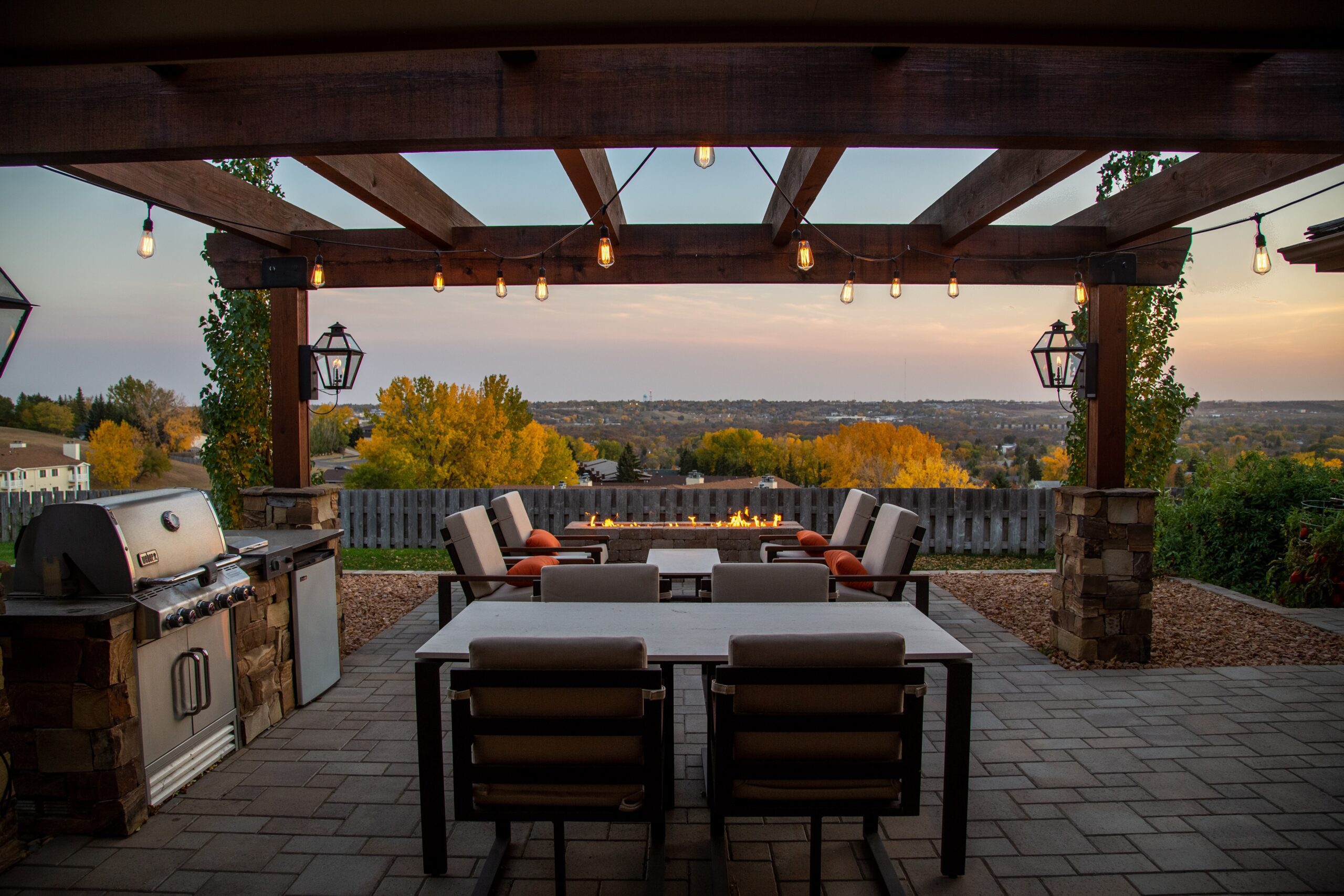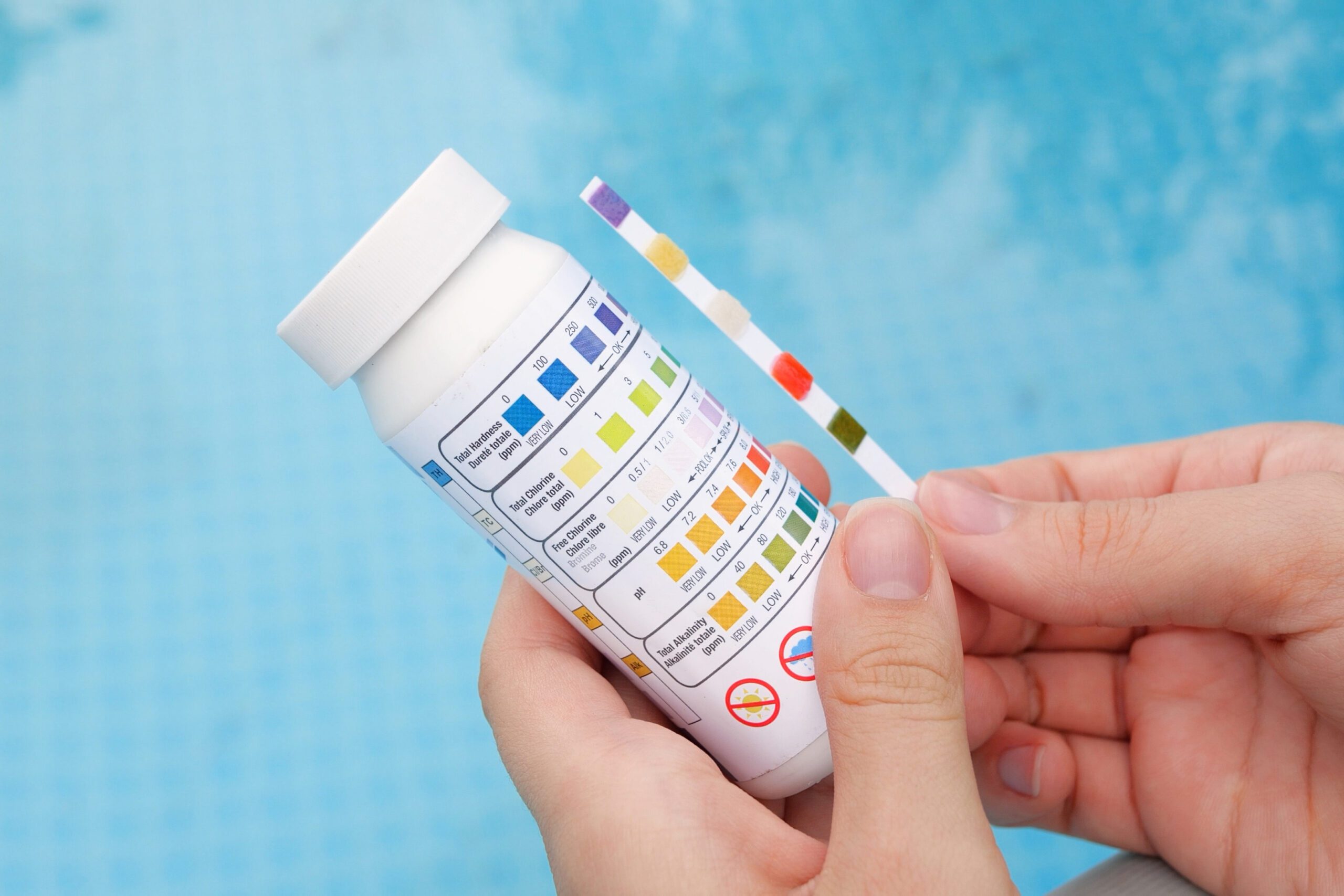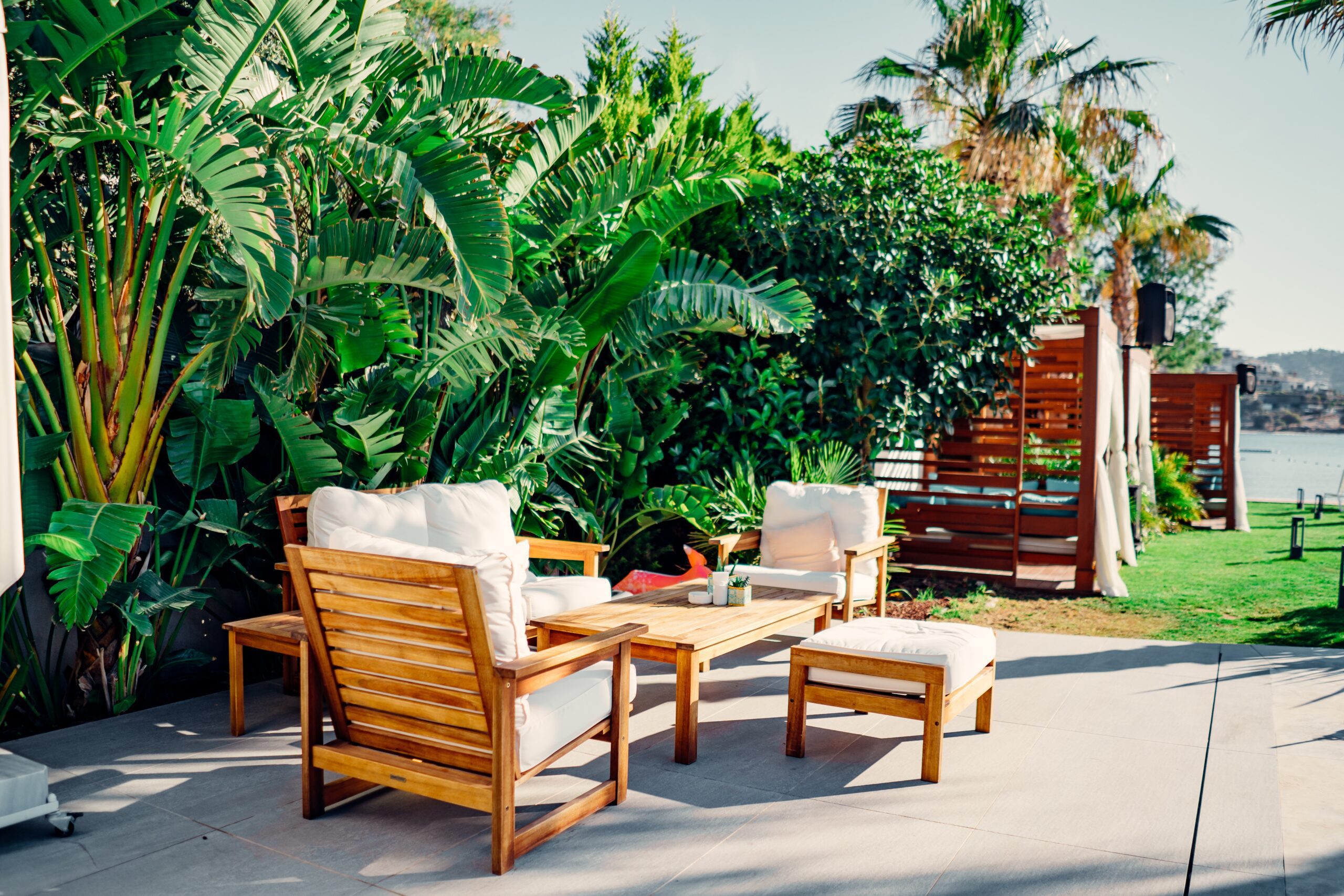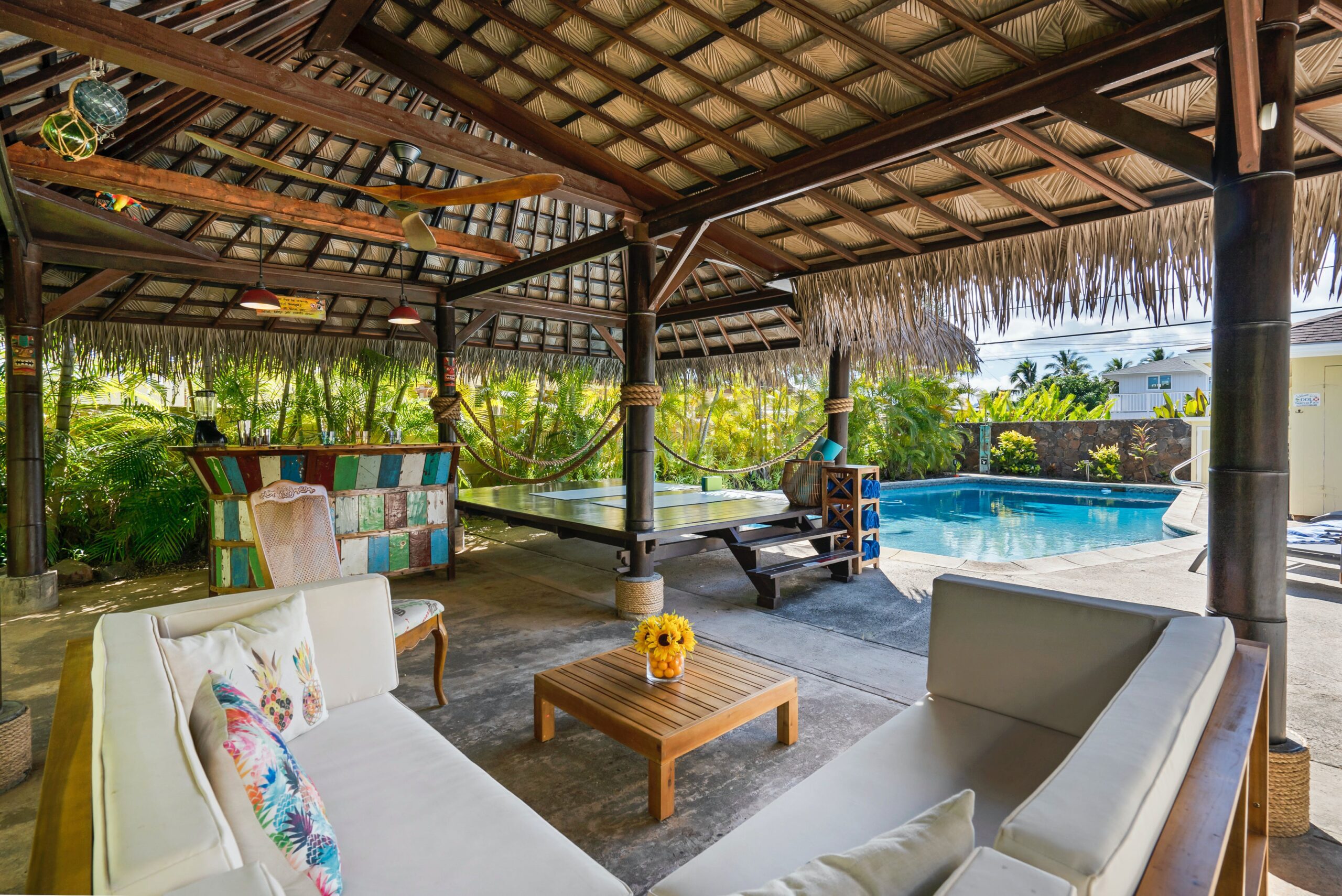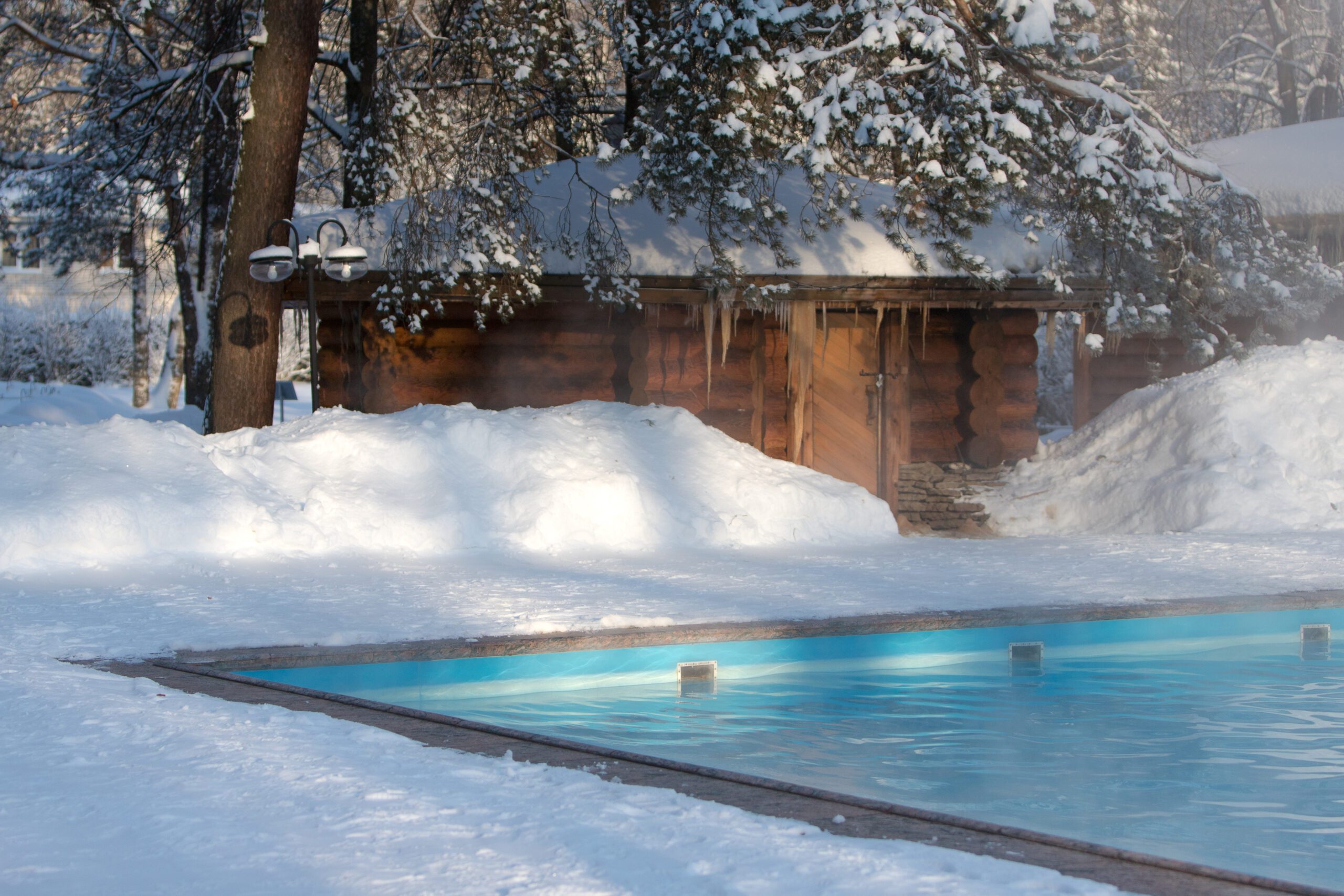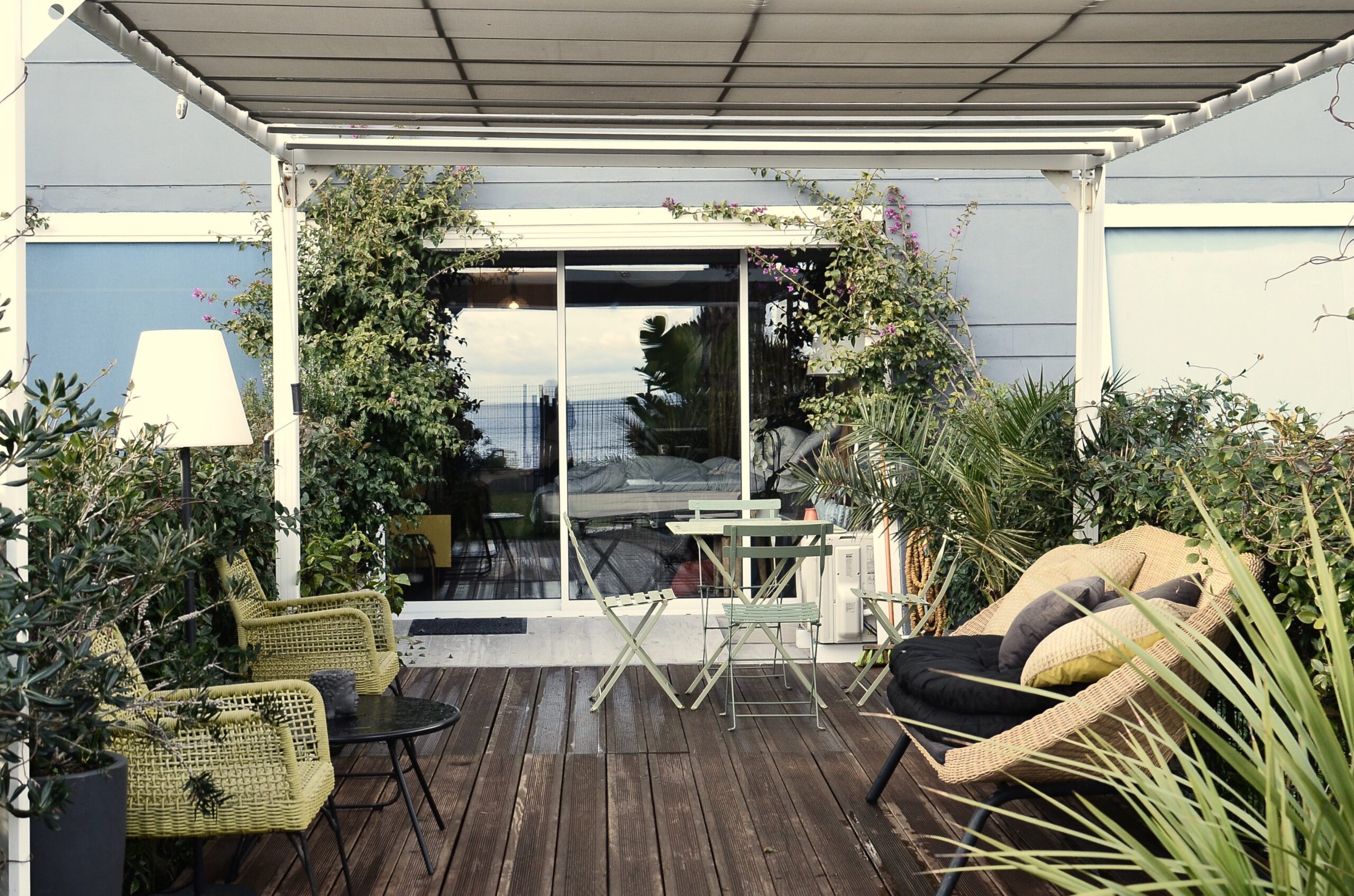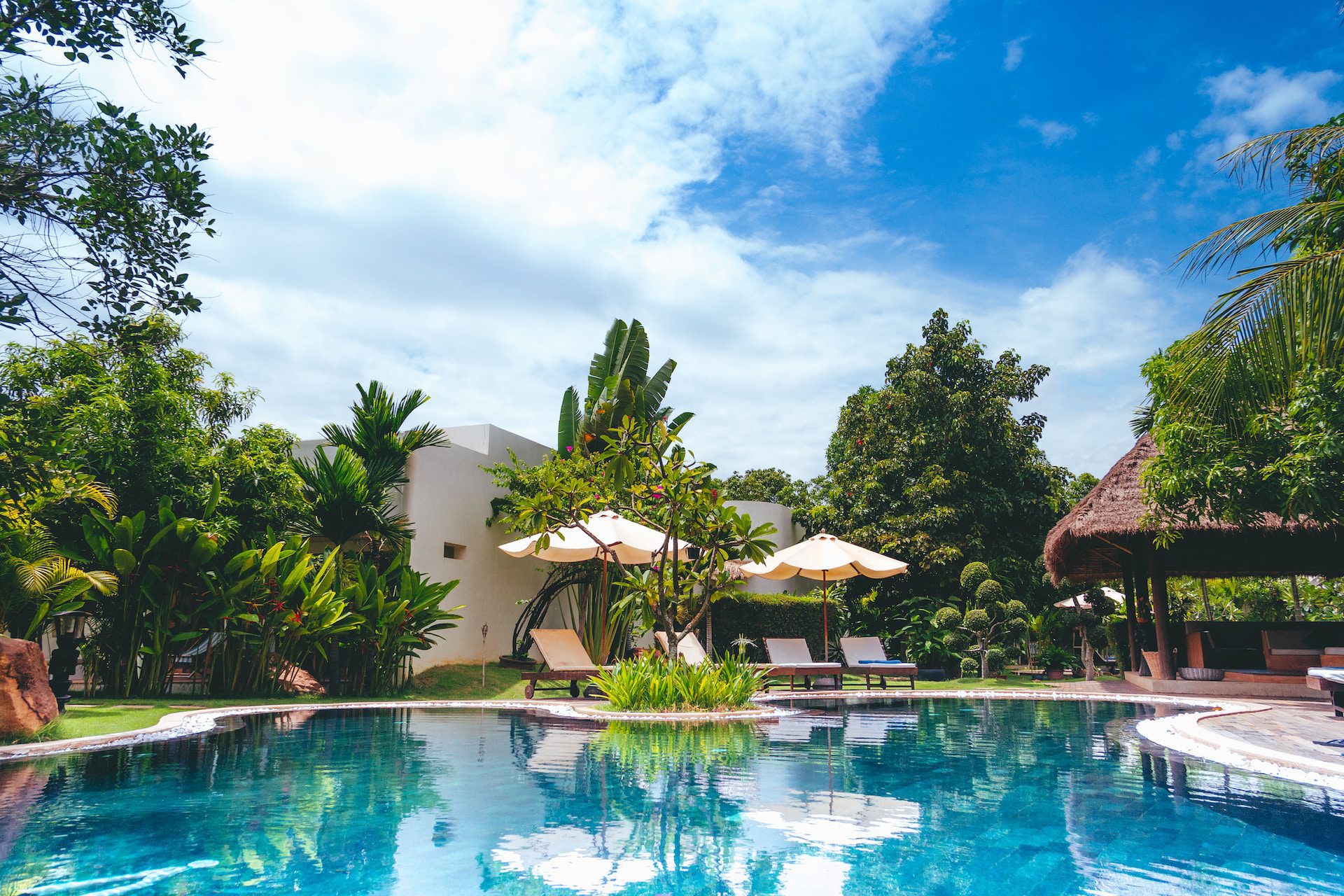Imagine your backyard as the ultimate spot for entertaining and dining, where friends and family gather for scrumptious meals and good times, all in the comfort of your own private oasis. Building a stylish and functional outdoor kitchen can elevate your backyard experience while making it the envy of the neighborhood. From grilling up perfectly seared steaks to whipping up tasty side dishes, a well-designed outdoor kitchen increases your home’s value, expands your entertaining space, and brings your culinary adventures out into the fresh air.
Designing your perfect outdoor kitchen involves smart planning and careful consideration of factors such as the available space, design style, cooking preferences, appliances, and budget. Choosing the right appliances and layout is essential to create an ergonomic and efficient outdoor cooking area, while incorporating additional features like seating, lighting, and storage maximizes your outdoor living space’s overall usability.
In this comprehensive guide, we’ll explore design tips and features to transform your backyard into an outdoor culinary haven. We’ll navigate through layout ideas, equipment essentials, materials, and storage solutions that cater to your unique cooking preferences and aesthetic desires. Additionally, we’ll investigate the latest trends in outdoor kitchens and how you can incorporate them into your personalized design.
Embark on a journey to create a stunning outdoor kitchen that will make your backyard the ultimate destination for memorable gatherings and al fresco dining experiences. And remember, Cincinnati Pool and Patio offers a wide range of outdoor kitchen appliances, equipment, and accessories to suit every cooking style, making us the ideal one-stop-shop for your outdoor kitchen needs.
1. Assessing Your Space and Choosing Your Outdoor Kitchen Layout
Before diving into designing your outdoor kitchen, you’ll need to evaluate your available backyard space and determine the best layout. Careful planning ensures efficient use of space, ease of movement, and proper integration with your yard’s existing features. When choosing an outdoor kitchen layout, consider these popular options:
– Linear Island: This option is perfect for smaller spaces, as it utilizes a single countertop that typically houses the grill, sink, and storage. This design is space-conscious and provides easy access to all cooking essentials.
– L-Shaped Island: This layout includes two separate counter spaces at a 90-degree angle. It’s tailor-made for larger spaces, as it provides additional workspace and accommodates multiple cooks or guests.
– U-Shaped Island: This design accommodates the most cooking appliances and offers ample countertop and storage space, perfect for those who love to entertain large gatherings.
Remember to ensure proper clearances between counters, appliances, and seating areas for optimal movement and functionality.
2. Selecting Appliances and Cooking Equipment for Your Outdoor Kitchen
Once you’ve chosen your outdoor kitchen layout, it’s time to select appliances and cooking equipment that cater to your culinary preferences. Keep in mind these popular appliance options when designing your outdoor kitchen:
– Grills and Smokers: A high-quality grill or smoker is crucial to any outdoor kitchen setup. Choose between gas, charcoal, or electric grills, as well as various smoker options, depending on your preferred cooking style and fuel sources.
– Cooktops and Side Burners: To further expand your cooking capabilities, consider installing a cooktop or side burner to easily whip up sauces and side dishes.
– Refrigeration and Ice Makers: Adding a compact outdoor refrigerator, beverage cooler, wine cooler, or ice maker allows for convenient access to cold drinks, chilled food, and ice during your backyard gatherings.
– Storage and Cabinetry: Opt for weather-resistant storage and cabinetry that’s suitable for the outdoors. Incorporate drawers, cabinets, and pull-out trash bins to keep cookware, utensils, and trash neatly organized and out of sight.
3. Choosing Durable and Stylish Materials for Your Outdoor Kitchen
When selecting materials for your outdoor kitchen, it’s essential to choose durable and weather-resistant options that can withstand the elements. These popular materials cater to various design styles and offer lasting quality:
– Countertops: Choices for outdoor kitchen countertops should be heat-resistant, non-porous, and easy to clean. Natural stone, concrete, and stainless steel are all popular options well-suited for outdoor conditions.
– Cabinetry: Opt for weatherproof materials for your outdoor cabinetry, such as stainless steel, high-density polyethylene (HDPE), and marine-grade polymer, which offer resistance to water, UV rays, and warping.
– Flooring: For outdoor kitchen flooring, consider slip-resistant and easy-to-clean materials. Pavers, tiles, concrete, and composite decking are all excellent options, providing style and function.
4. Enhancing Your Outdoor Kitchen Experience with Lighting, Seating, and Entertainment Options
Creating a welcoming and inviting atmosphere is essential when designing your outdoor kitchen. Consider the following features to make your space truly stand out:
– Lighting: Strategic lighting is crucial for nighttime cooking and ambiance. Employ a combination of ambient, task, and accent lighting to illuminate your cooking area, seating spots, and highlight unique features.
– Seating: Comfortable seating areas are crucial for guests to relax and socialize. Options range from barstools situated around cooking islands to separate dining areas with patio tables, chairs, or built-in benches.
– Entertainment and Connectivity: For the ultimate outdoor kitchen experience, incorporate elements like an outdoor sound system, TV, and Wi-Fi capabilities for seamless entertainment during gatherings and barbecue sessions.
Conclusion
Creating the perfect outdoor kitchen design requires a blend of style, functionality, and personalized touches tailored to your unique culinary preferences. By following our design tips and considering essentials such as layout, appliances, materials, and extra features, you can transform your backyard into a stunning and functional al fresco cooking and dining haven.
Remember, investing in high-quality appliances, durable materials, and thoughtful design ultimately creates a more enjoyable and long-lasting outdoor kitchen experience. With careful planning, your dream outdoor kitchen will become the ultimate destination for memorable gatherings, celebrations, and al fresco dining adventures. Ready to bring your dream outdoor kitchen to life? Visit Cincinnati Pool & Patio today to discover our exceptional selection of outdoor patio furniture in Cincinnati, and let us help turn your backyard into a culinary paradise.



